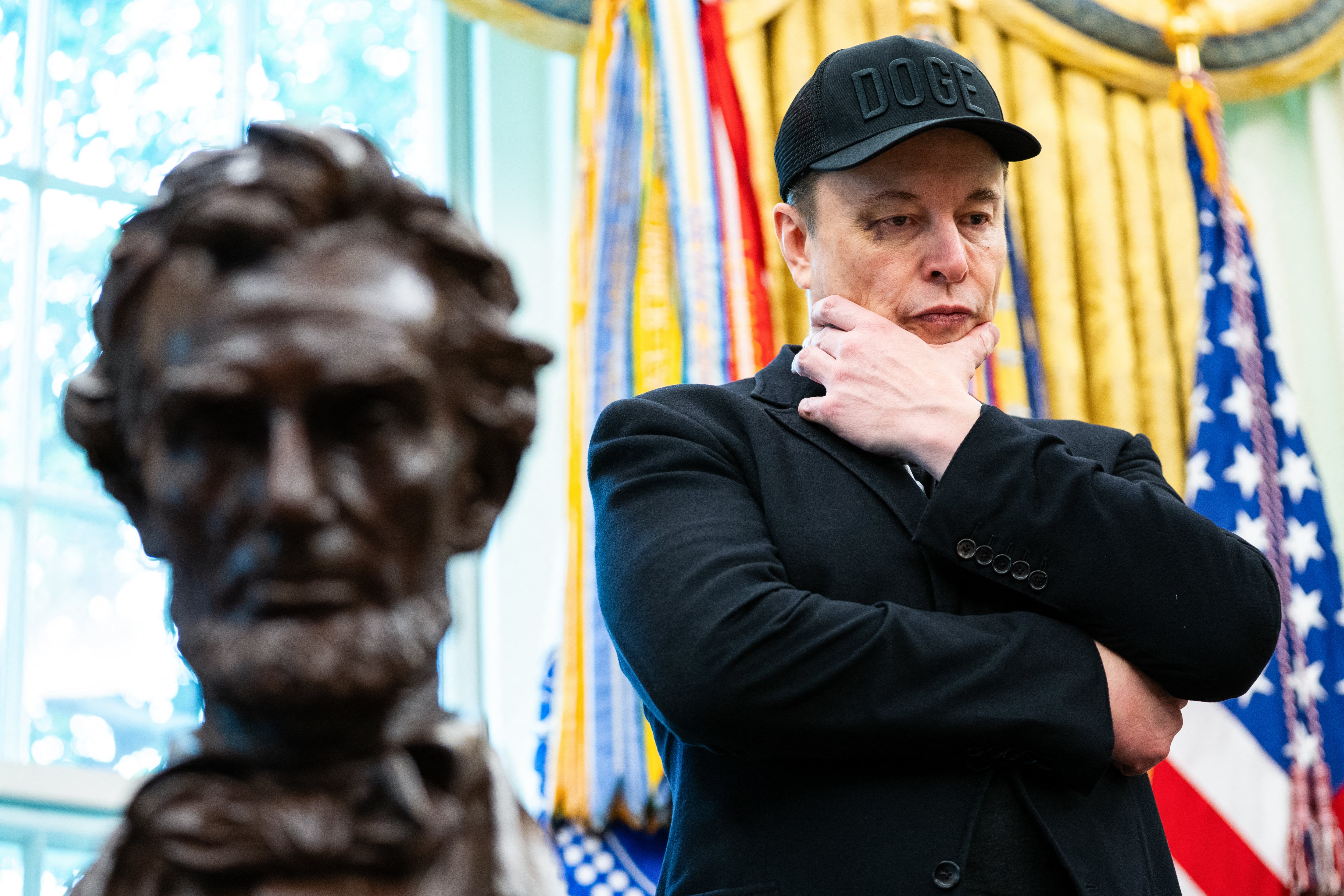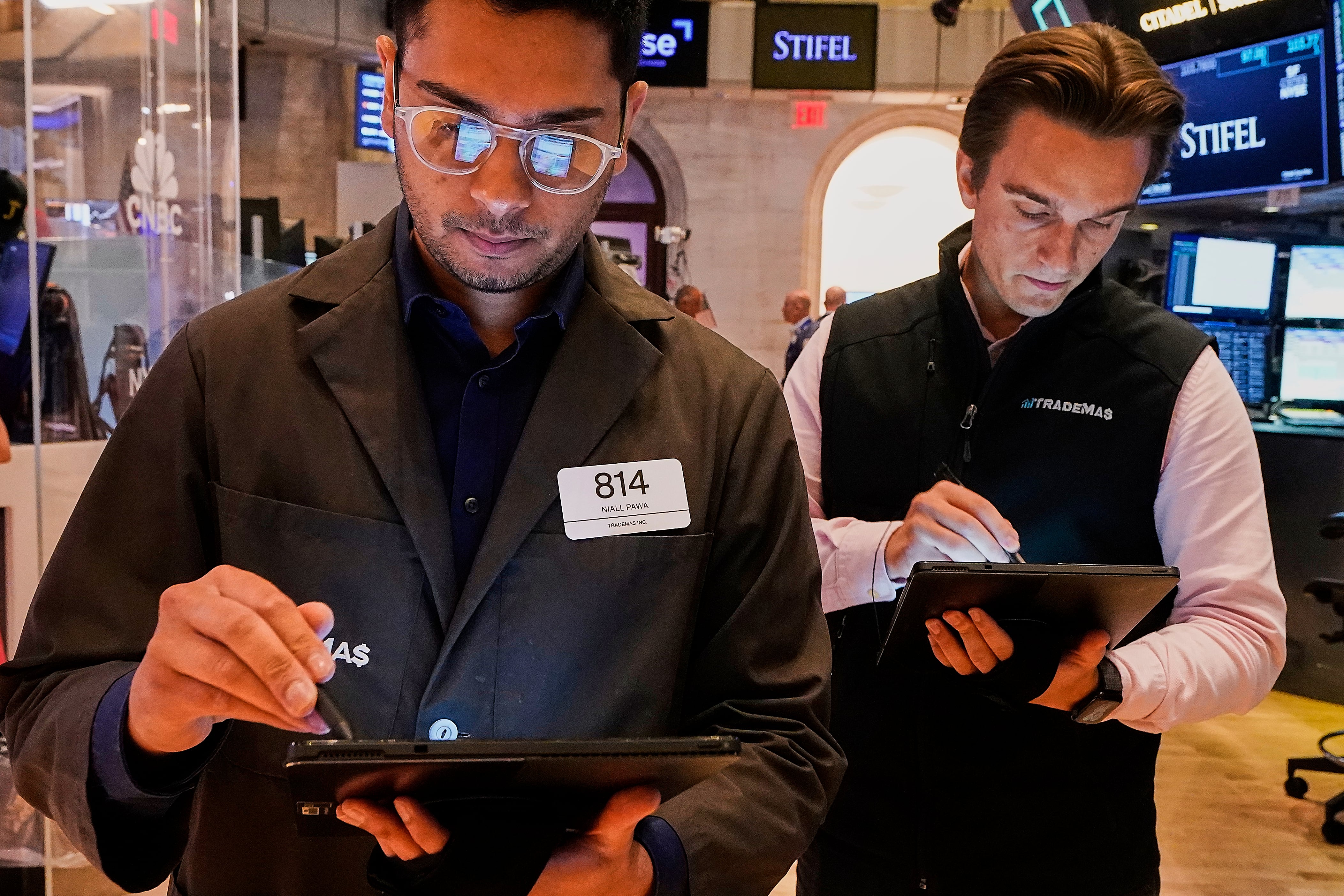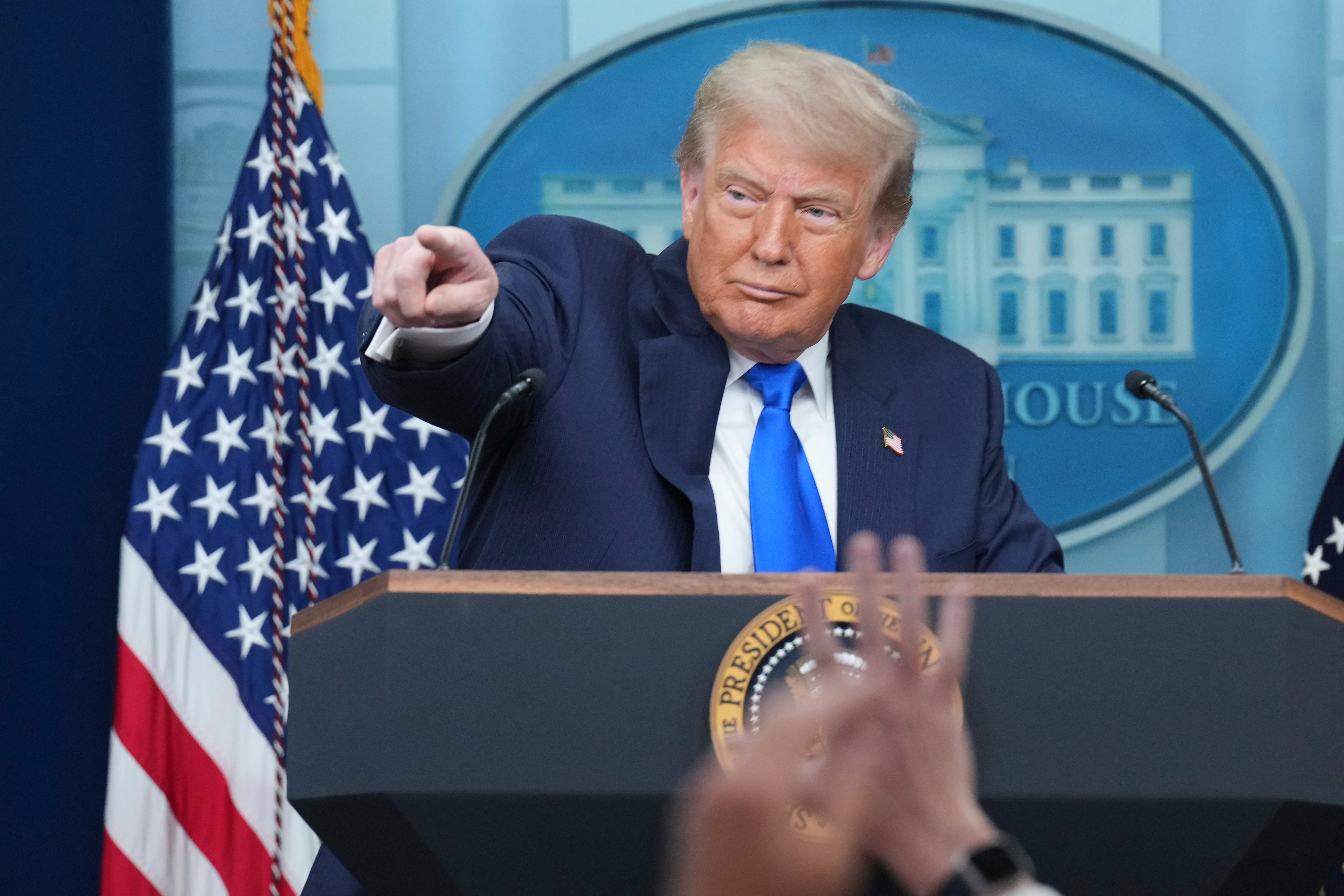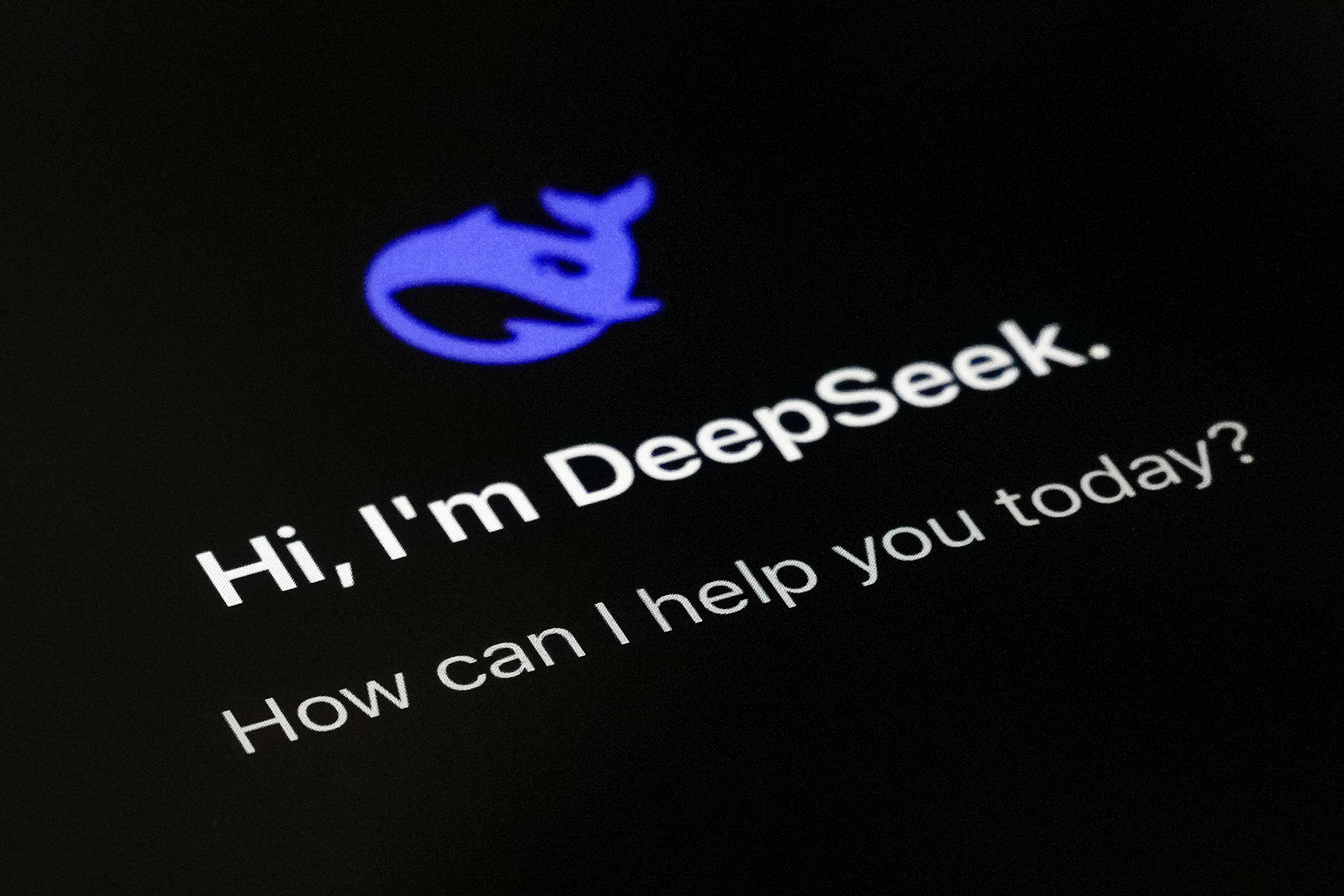House Republican Bob Latta of Ohio reintroduced legislation this week for the SELF DRIVE Act, a bill that would set standards for the safety and security of autonomous vehicles.
Although the U.S. is less than two months away from the national election, Latta told Cheddar it is important to push this forward. "Every day we wait, we're losing time. Lives are at stake," he said
"One of the things we've seen in this country unfortunately, traffic accidents are going up, and deaths," he added. "We want to get these things down because it's horrible to lose these lives out on the highways."
Still, Latta will need to wait for approval from both the House and the Senate. In 2017, the SELF DRIVE Act passed the House unanimously, but faded in the Senate after disputes over certain provisions. One of the adjustments in the new version of the bill addresses the language that makes self-driving car standards more inclusive for those with disabilities.
"We also want to make sure that senior citizens and individuals with disabilities have access and they can get around. And especially what we saw with COVID-19, that a lot of people's access and mobility was really restricted," Latta said.
Latta, in discussing the importance of this bill, stressed two things. The first was the standardization for testing nationwide.
"We can't have 50 states and the District of Columbia out there creating standards for self-drive. We've got to have a national standard," he said.
Part of Latta's envisioned standardization measures includes cybersecurity and making sure this technology doesn't fall into the wrong hands. To this point, Latta was not shy to point the finger at the United States' chief economic rival at a time when tensions between the two countries continue to escalate.
"You don't want to give your technology away to someone that you might have an issue with in the future. And we know that the Chinese have stolen, and steal, U.S. technology, and we want to make sure that it's protected."
If the bill is passed, self-driving cars won't be taking to the roads right away. "We want to make sure that the testing is there. One of the things we said was we wanted to make sure these vehicles were as safe or safer than anything else on the road today." However, Latta also says this is an opportunity the U.S. must seize.
"We don't want to take a literal backseat to the rest of the world. We want to be the one in the driver's seat — the United States and this technology."








